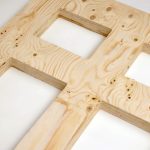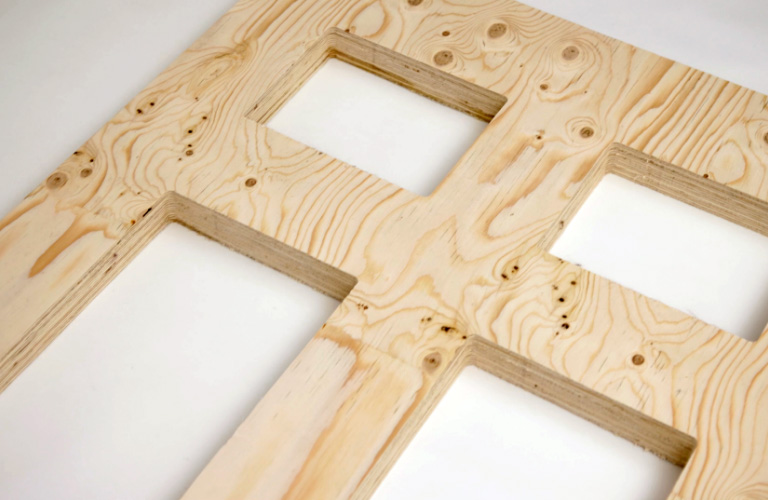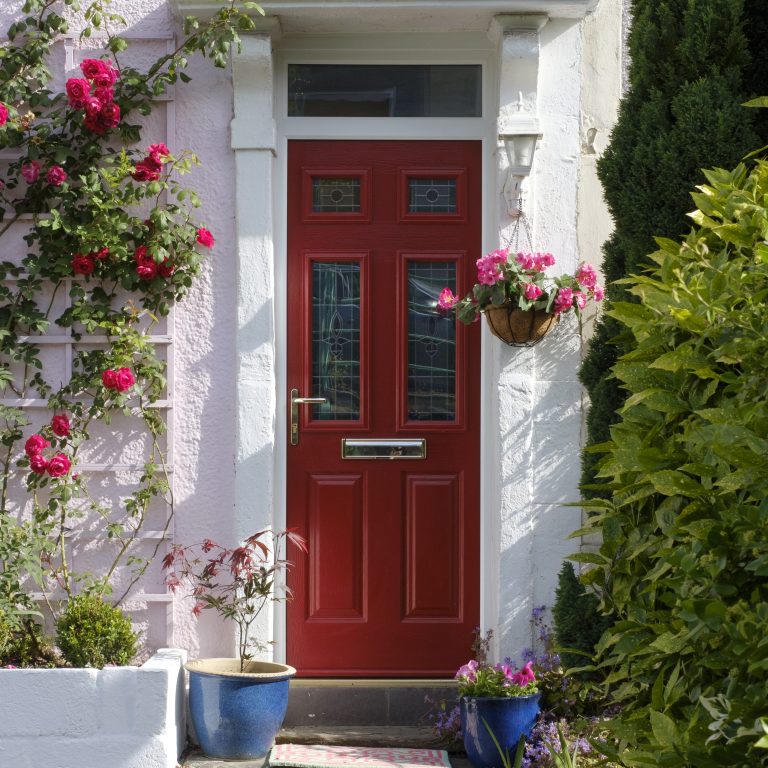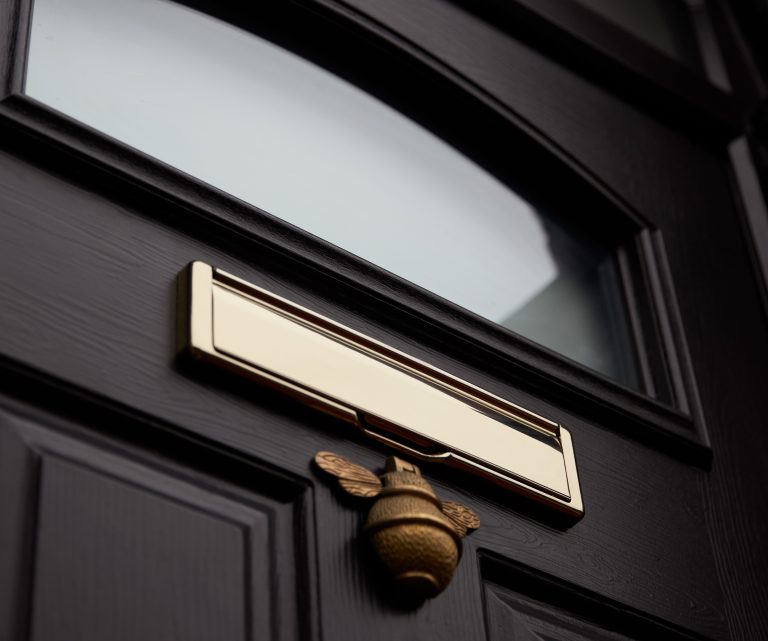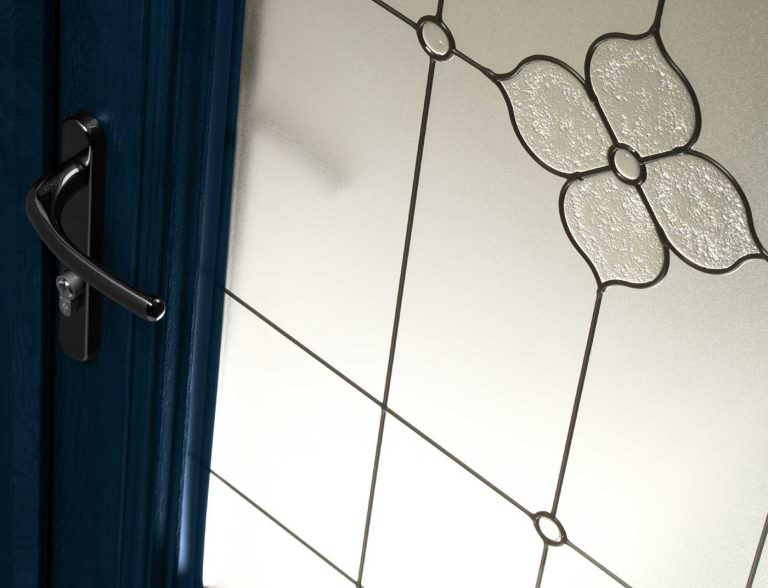When buying a new front door, especially composite doors, you’ll often find yourself with dozens of statistics around the thickness of materials. This could be for security reasons, thermal efficiency, or even soundproofing.
At Endurance doors, we sport a 48mm solid timber core, thicker than the market standard for a composite door. In this article, we will compare the difference between having a solid timber core vs a wooden door and how they perform against each other.
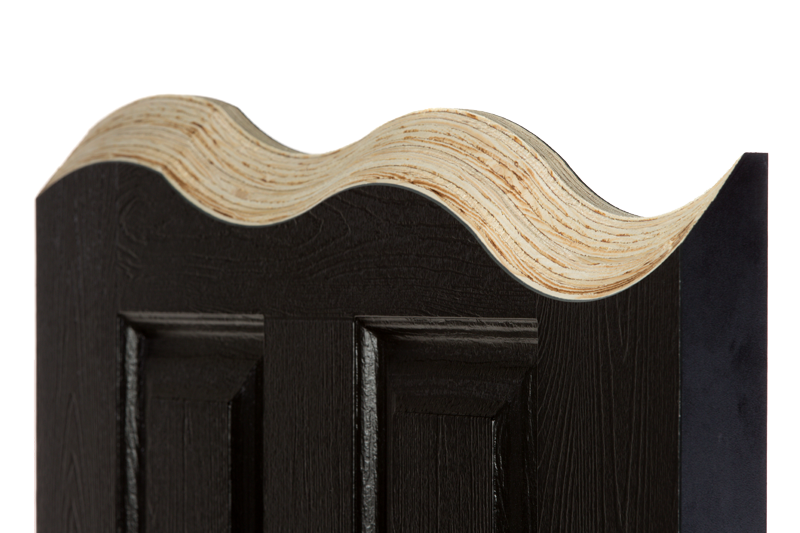
Strength: With one hefty block of wood, a solid timber door should logically be the strongest. After all, they’ve been around for centuries and are synonymous with durability. However, solid timber has its downsides. Over time, exposure to the elements can lead to warping, cracking, and splitting. It’s like having a strong but stubborn friend who doesn’t quite handle stress well. In very specific instances, a solid timber door can last a lifetime. Provided that you’re willing to put in the effort of high-maintenance upkeep.
This is where the solid timber core from Endurance comes into its own. A 48mm core, which is thicker than the greater percentage of composite doors, ensures rigidity and resistance to impact. Unlike ordinary timber, the solid core in these doors is engineered for consistent performance. Matched with a high-performance outer skin and multi-layered construction, Endurance doors balance strength and flexibility, making them tough against burglars and the unpredictable British weather.
Insulation: Not all doors are built the same when it comes to keeping your house at a warm temperature. These solid timber doors are heavy and robust; however, they often miss out on the built-in insulation layers that modern composite doors have. Timber can absorb moisture, which may impact its insulating properties over time, not to mention the added upkeep of resealing and repainting to keep it weather-tight.
The 48mm solid timber core is not that for mere thickness; it complements the trapping of heat within the layers of composites in this door while keeping draughts at bay. The uPVC edge banding and seals close up most spaces, therefore preventing potential areas of heat loss from occurring. The result? A door that would reduce your energy bills at the same time as keeping you snug on those chilly evening times.
Noise Reduction: Very few people want a door that lets in the world outside, especially in unwanted noise. Solid timber is dense enough to block out some sound-but again, not perfect. Over time, their fit may loosen, and gaps may emerge, creating a less than perfect seal. You may have heard more of your neighbours’ garden parties than you probably cared to.
Composite doors, like those by Endurance, are designed with a layered construction that helps to soundproof naturally. A 48mm solid timber core makes for a dense, robust barrier, while the door’s modern seals and edges ensure there is no room for unwanted sound to sneak in. Whether it’s traffic noise or an overly enthusiastic delivery driver, composite doors do a great job of keeping your space peaceful.
A Maintenance-Free Future
One major gripe with traditional solid timber doors is the upkeep. They require regular maintenance to prevent warping, rotting, or peeling paint. If left unchecked, these issues can quickly undermine the door’s performance and appearance.
Composite doors, such as those from Endurance, are low maintenance. With a robust and weather-resistant outer layer, one need not bother repainting or resealing. A simple wipe with soapy water is all it takes to keep your door as good as new.
So, if you’re looking for a front door that’s built to last without compromise, Endurance’s composite doors are hard to beat. They’ve taken the best bits of solid timber, given them a modern twist, and created a door that’s not just thick—but smartly designed to deliver top-notch performance.

